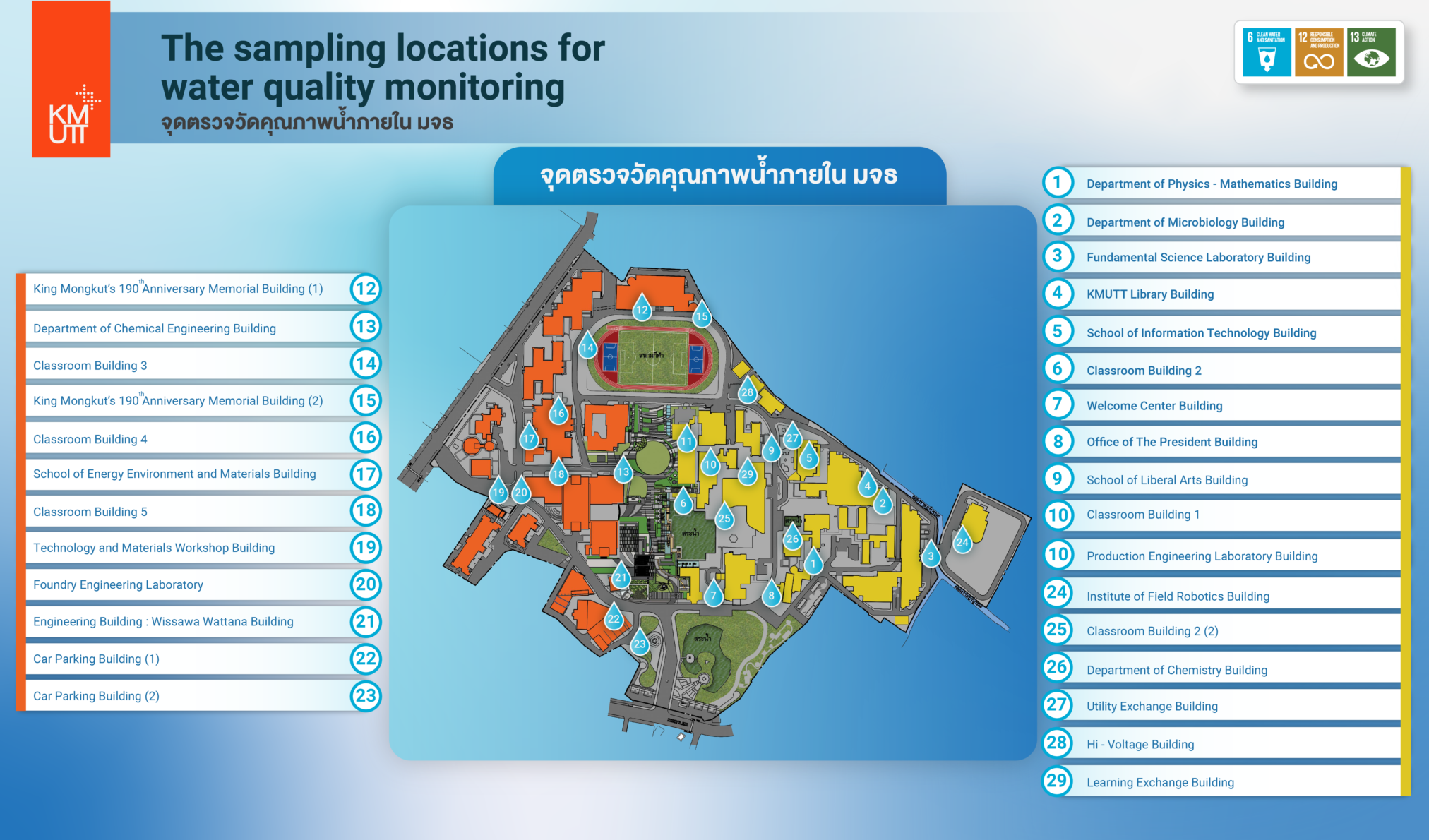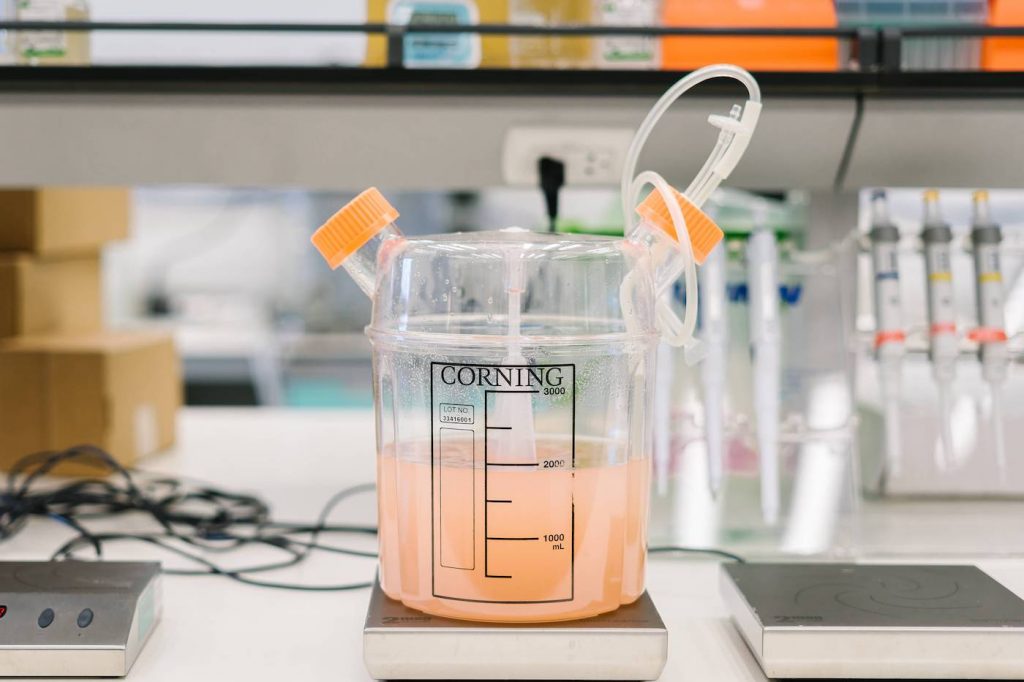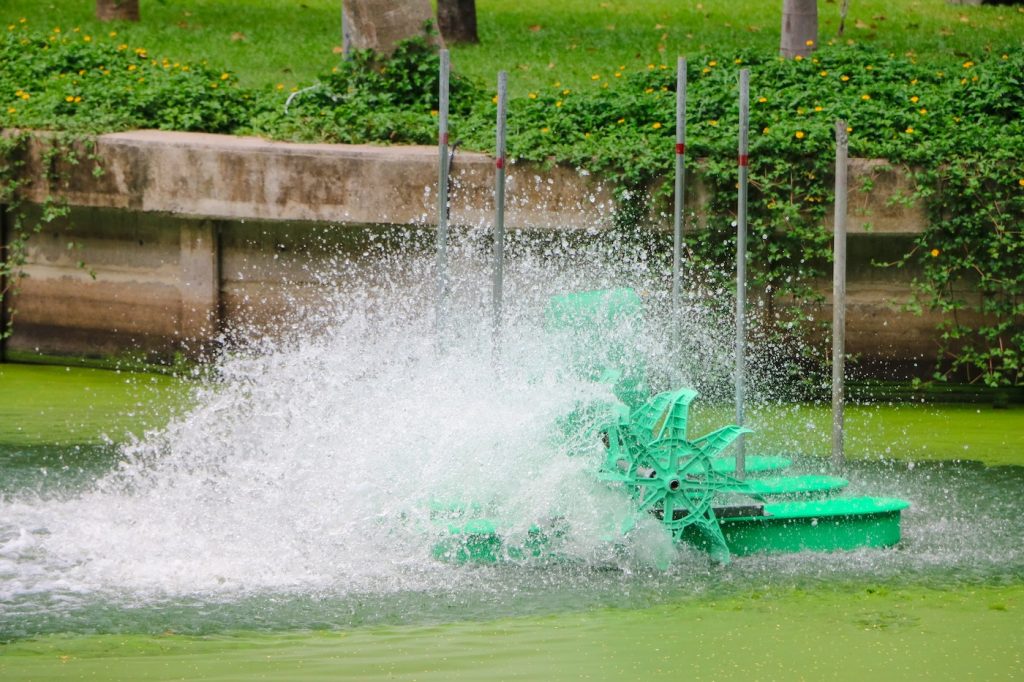Wastewater monitoring and treatment program are one of water conservation policy which related to safety and health of student and staff. KMUTT committed to prevent water pollution and provide the standard effluent before discharge to environment. The wastewater monitoring program is refer from the Pollution Control Department, Thailand to prevents and mitigates environmental issues such as pollution in accordance with the Enhancement and Conservation of the National Environmental Quality Act B.E. 2535. Wastewater sampling from all buildings, natural ponds /water resources within KMUTT has been performed monthly and analyzed according to standard method. The laboratory testing have been analyzed by Central laboratory services, department of Environmental Engineering, Faculty of Engineering.
Goal: 100 % Wastewater Quality from all building in KMUTT are within Industrial wastewater standard by 2020
Current Status: In 2024, Wastewater Quality in all buildings and natural water resources within KMUTT are 100 % meet an Industrial wastewater standard before discharge to environment


At KMUTT , qualitative and quantitative measurements are needed from time to time to constantly monitor water quality from both pumping station and final effluent buildings. We provide more than 13 sampling locations following above table for water quality monitoring. Besides, the parameter for waste water monitoring are pH, SS, BOD, TKN, Total Phosphorus, Arsenic, Mercury, Cadmium and Chromium where
- pH – a measure of how acidic/basic water is. The range goes from 0 to 14
- SS (Suspended Solids) – small solid particles which remain in suspension in water as a colloid
- TKN (Total Kjeldahl Nitrogen) – used to measure organic nitrogen and ammonia from urease and manure
- BOD (Biochemical Oxygen Demand) – the amount of dissolved oxygen needed by aerobic biological organisms to break down organic material present in a given water sample at certain temperature over a specific time period
- TDS (Total dissolved solids) – measurement of solids All inorganic and organic substances dissolved in water.
- Sulfide – caused by the degradation of organic matter Most of the sulfides in wastewater are produced by bacteria by the sulfate reduction reaction.
- Fat oil & Grease – The amount of oil and fat in various forms contaminated in wastewater
After lab supervisor review accuracy of analytical and quality control results then document is certified before public via KMUTT sustainability website and yearly reports.




